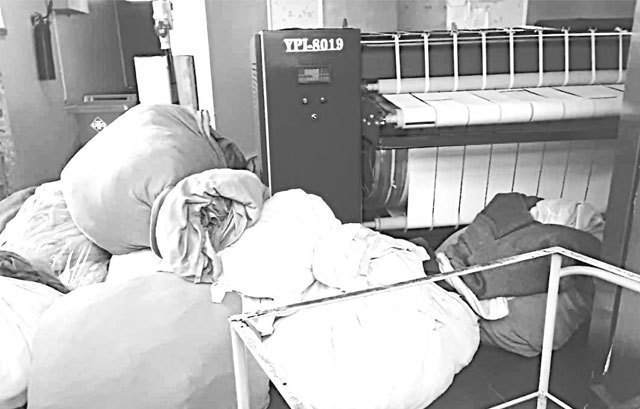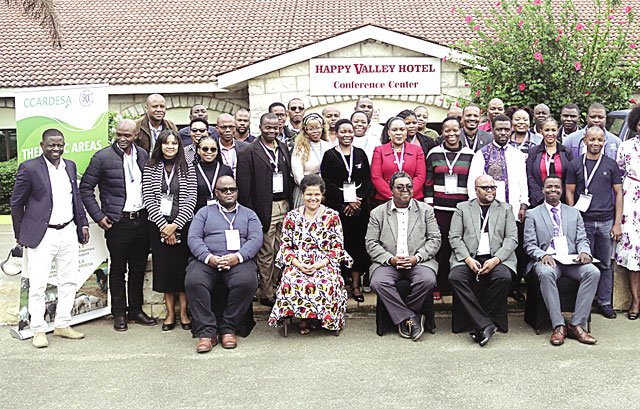By Mbono Mdluli | 2018-03-08

The controversial 15 per cent electricity tax has been withdrawn.
This happened yesterday at the House of Assembly when Members of Parliament (MPs) were debating a report from the House of Assembly Finance Sessional Committee. The report was tabled by Lobamba Lomdzala MP Marwick Khumalo, on behalf of Mangcongco MP Patrick Pha Motsa. The discussions between the committees and the ministry were as a result of the rejection of the E21.6 billion budget by the MPs on Monday. The MPs wanted some amendments to be made to the budget.
It seems as if some of the concerns of the MPs were heard because some were attended to. One of the thorny issues for the MPs was the proposed introduction of the 15 per cent electricity tariff.
The MPs and the ministry agreed that the tax should be stopped for now. Khumalo, when motivating the report he tabled, said they agreed that a study had to be conducted on this matter, with the intention to find out if the taxes would be good for Swazis. The idea of the 15 per cent tariff, according to Khumalo, should have to be marketed until it was understood by Swazis, before being adopted. It was for that reason why the tax was stopped, for now. What might not be good news is that the 15 per cent Value Added Tax (VAT) will continue as proposed in the national budget. The reason for this, according to Khumalo, was that the country had to be at par with South Africa, which is the major trading partner of the country.
Another concern was that if the VAT remained unchanged, the Sekulula VAT programme between Swaziland Revenue Authority (SRA) and the South African Revenue Services (SARS) would be sabotaged. The programme allows Swazis not to pay for VAT at the border when coming into the country with goods from South Africa.
This only happens if there is proof that the VAT had been paid for in South Africa when the goods were bought.
The MPs welcomed the two changes. They thanked the committees and the ministry for reaching a consensus on the two issues. They also appeared to understand the VAT increase because of the trade agreements the country had with South Africa.
However, it must be noted though that there were some issues that did not sit well with the legislators in the report.
share story
Post Your Comments Below

While things are falling apart at the Pigg’s Peak Government Hospital, the ministry of heal...

Status Capital Building Society shareholders are once again being asked to take part in an audaci...

Eswatini along with many other African nations is under scrutiny for failing to meet its commitme...

SOCCER - LIVING on borrowed time!
For the first time in history of local football, two of...
All material © Swazi Observer. Material may not be published or reproduced in any form without prior written permission.
Design by Real Image Internet